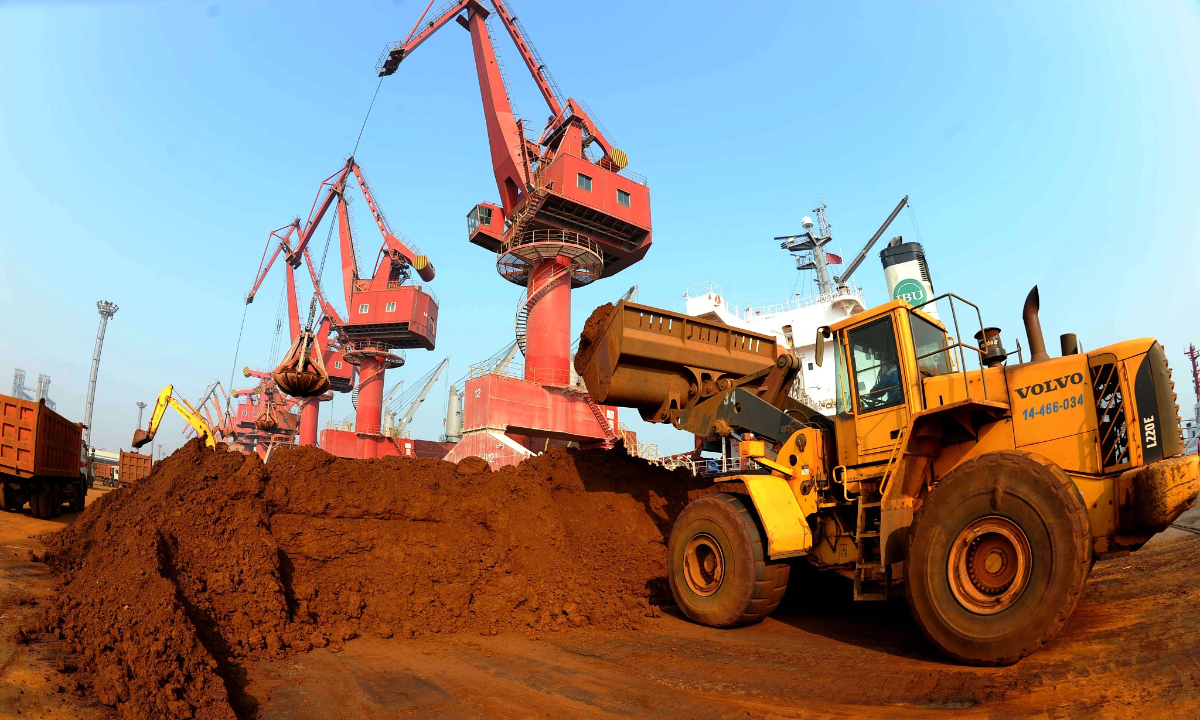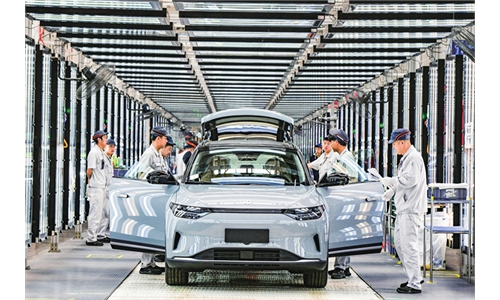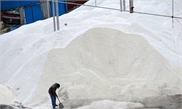China issues regulations on rare-earth management to strengthen resources protection and utilization

Rare earth Photo:VCG
China's State Council, the cabinet, unveiled a set of regulations on Saturday on rare-earth management, stipulating that the country will pay equal attention to resource protection, development and utilization of rare earths, following the principle of overall planning, ensuring security, and boosting technological innovation and green development.
Industry insiders and experts said that the new set of government regulations is the first to oversee China's rare-earth resources, which shows the country's focus on the healthy development of the rare-earth sector, as well as environmental protection and green development.
They rejected the allegation by some Western media claiming the rules are to "strengthen regulation for political purposes."
Industry insiders noted the new rules are aimed at ensuring China's new-energy security, especially at a time when some Western countries increasingly see supply of key metals as a matter of "national security."
According to the State Council, the regulations will take effect on October 1. The country will promote the high-quality development of the rare-earth industry, and encourage the research, development and application of new technologies, new materials and new equipment.
The regulations also specify punishments for illegal activities in areas including rare-earth mining, smelting and extraction, product distribution, as well as unlawful imports and exports.
Officials from China's Ministry of Justice and Ministry of Industry and Information Technology said on Sunday that rare earths are indispensable elements and key strategic resources in modern industry. China attaches great importance to the protection of rare-earth resources and industrial development.
In recent years, China has rolled out a number of related policies and measures, effectively promoting and protecting the sustainable and healthy development of the industry. However, some problems remain in rare-earth management, including the government's oversight on rare-earth resources, the industry's innovation capability, and the penalties for illegal mining and other serious violations. Therefore, it is necessary to formulate specialized administrative rules to provide legal safeguards for the protection of rare earths, they said.
Related departments under the State Council will be responsible for the management of the country's rare-earth industry development, which will systematically enhance the strategic importance of rare-earth mining, benefit the environmental protection, and maximize the added value of rare earths.
"The new regulations, including the penalties, are more stringent and more specific. The move will further promote the standardization of the rare-earth industry," Liu Hao, a Shandong-based industry analyst, told the Global Times on Sunday.
Another industry insider who does not want to be named told the Global Times on Sunday that the move aims to promote the orderly development of the industry and prevent illegal mining, as rare earths are indispensable for many high-tech sectors.
According to the Xinhua News Agency, rare earths consist of 17 elements that are widely used in high-tech products ranging from flat-screen TVs to lasers and electric cars. According to media reports, global rare-earth resource reserves total about 120 million tons, of which China's reserves have reached 44 million tons, accounting for 37.89 percent, ranking the first in the world.
At present, demand for rare earths is increasing, with praseodymium-neodymium oxides in short supply, and the corresponding metal supply in a tight balance. Moreover, with the rapid development of electric vehicles and wind power, demand for rare permanent magnet materials is increasing rapidly.
Some Western countries view the supply of rare earths as a growing concern, as the global new-energy transition calls for a larger supply.
"Amid the current internal and external environment, the new regulations are a common international practice and do not target any particular country. They are designed to make sure that the rare earths are used for legitimate purposes in order to safeguard China's national security and better fulfill international obligations," Gao Lingyun, an expert at the Chinese Academy of Social Sciences, told the Global Times on Sunday.
Gao noted that the new regulation is of a specific initiative and routine adjustment to adapt to changes in global environment, aimed to improve the management of rare earths trade in China. It is intended to protect the environment and achieve sustainable exploitation and utilization of the resources.



